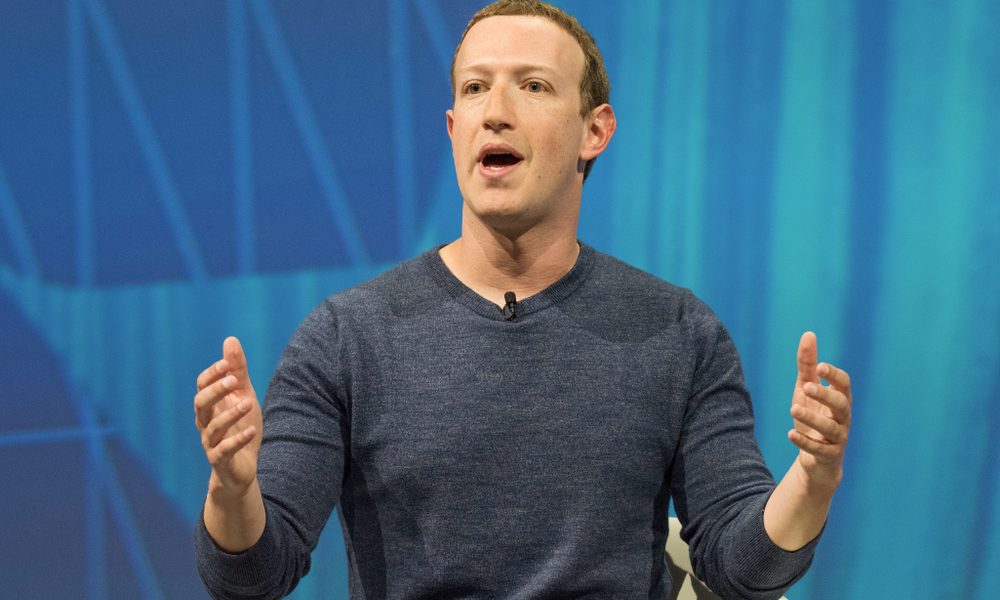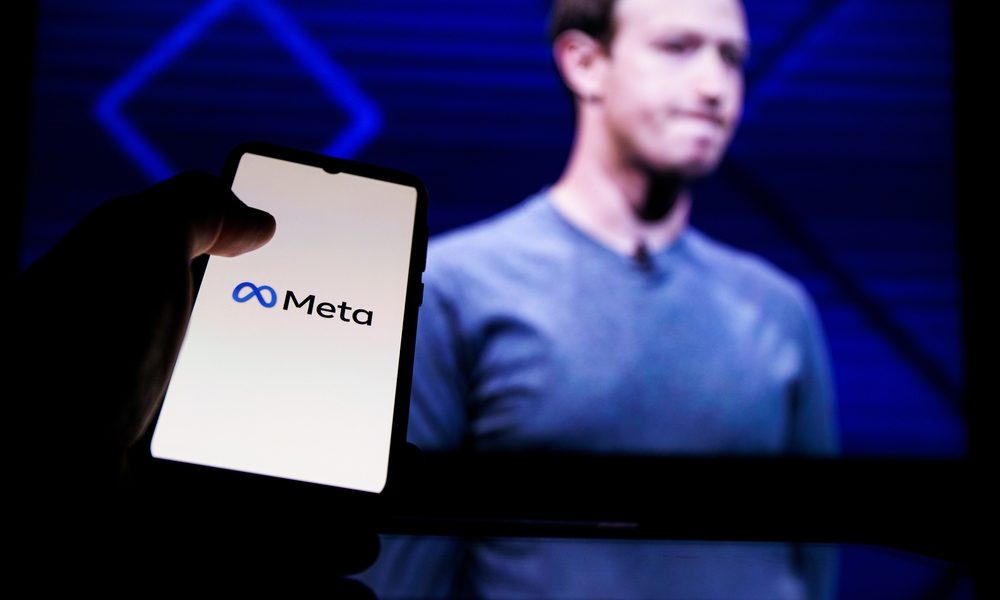Elon Musk’s relationship with his children has been the subject of public scrutiny for years, and recently, his trans daughter, Vivian Jenna Wilson, has spoken out in response to his controversial remarks about her transition. Musk, the CEO of Tesla and SpaceX, is believed to have fathered 14 children. Among them, only four are known to be female, including Wilson, who transitioned from male to female. Her mother is Musk’s ex-wife, author Justine Wilson.
Musk’s other daughters include Azure and Arcadia, children he shares with his partner Sharon Zilis, and Exa Dark Sideræl, his child with the musician Grimes.
In 2021, Forbes highlighted Musk’s “engineering approach to reproduction” after learning that his first five children, including Vivian, were conceived via in vitro fertilization (IVF). The article speculated about the possibility of sex-selective IVF, a practice that is illegal in many countries. This speculation led to rumors about Musk potentially using sex-selective IVF for his children, which have continued to swirl in the years since.
Now, Vivian has addressed these ongoing rumors directly, alleging that her father paid to ensure she was born male. On March 9, 2025, Wilson took to Threads, a social media platform owned by Meta, to share her side of the story. In a post, she wrote, “My assigned sex at birth was a commodity that was bought and paid for. So when I was feminine as a child and then turned out to be transgender, I was going against the product that was sold.”

Musk’s public response to his daughter’s transition has been widely criticized. In July 2024, during an interview with right-wing commentator Jordan Peterson, Musk referred to Wilson’s transition as a consequence of the “woke mind virus.” Throughout the conversation, Musk misgendered Wilson, describing her as “my son” and claiming that her transition was coerced, saying, “I was essentially tricked into signing documents for one of my older boys… I was told [Vivian] might commit suicide. It’s incredibly evil… the people promoting this should go to prison.”
Musk also claimed that he was unaware that puberty blockers, a common part of the transition process, could result in sterility, saying, “I lost my son, essentially.” He further stated, “They call it deadnaming for a reason. The reason is your son is dead. My son is dead, killed by the woke mind virus. I vowed to destroy the woke mind virus after that.”
In response to these inflammatory remarks, Vivian has been vocal in challenging her father’s claims. She posted a series of messages on Threads, mocking Musk’s comments about her being “dead.” “Last time I checked I am, indeed, not dead,” she wrote. In another post, she quipped, “I look pretty good for a dead b**ch.”
Wilson also took issue with Musk’s claim that she was “slightly autistic” as a child, linking this to her gender dysphoria. She dismissed this as “entirely fake,” saying, “None of this ever happened. Ever. I don’t even know where he got this from. My best guess is that he went to the Milo Yiannopoulos school of gay stereotypes, just picked some at random and said: ‘Eh, good enough.’”
Many social media users have shown support for Wilson’s stance, with one person commenting, “I’m so sorry, as a mother and grandmother, I can’t emotionally wrap my brain around a parent not loving and supporting their child. I’ll spare you my thoughts on that man, I’ll just say that man is soulless. Anyone who turns their back on their child is a deficient human. All the love to you.”
Musk’s remarks about his daughter have drawn criticism from many, particularly in the LGBTQ+ community, where his statements are seen as harmful and misinformed. Wilson’s decision to speak out is seen as an important moment in the ongoing debate about parental support for transgender children and the challenges faced by individuals navigating gender identity within public families.
As of now, it appears that the estranged relationship between Musk and Wilson remains a deeply personal and contentious issue, with the public battle continuing to unfold on social media.




